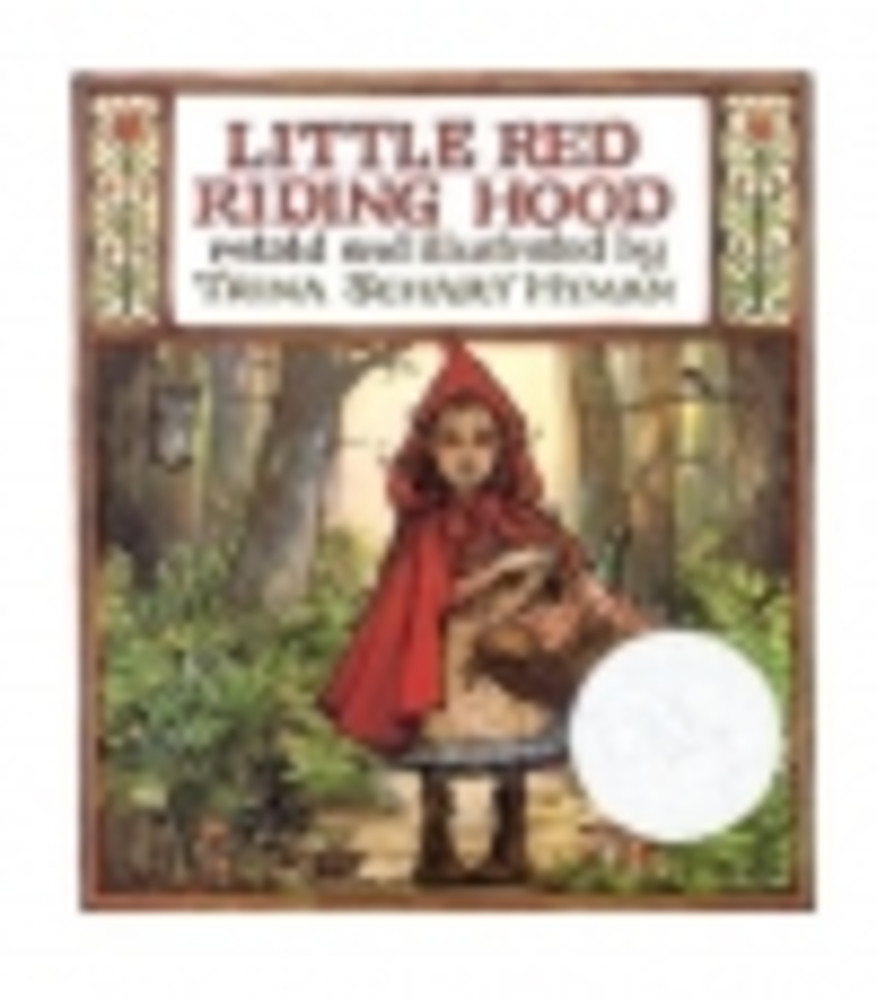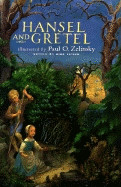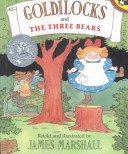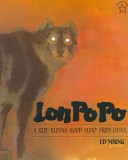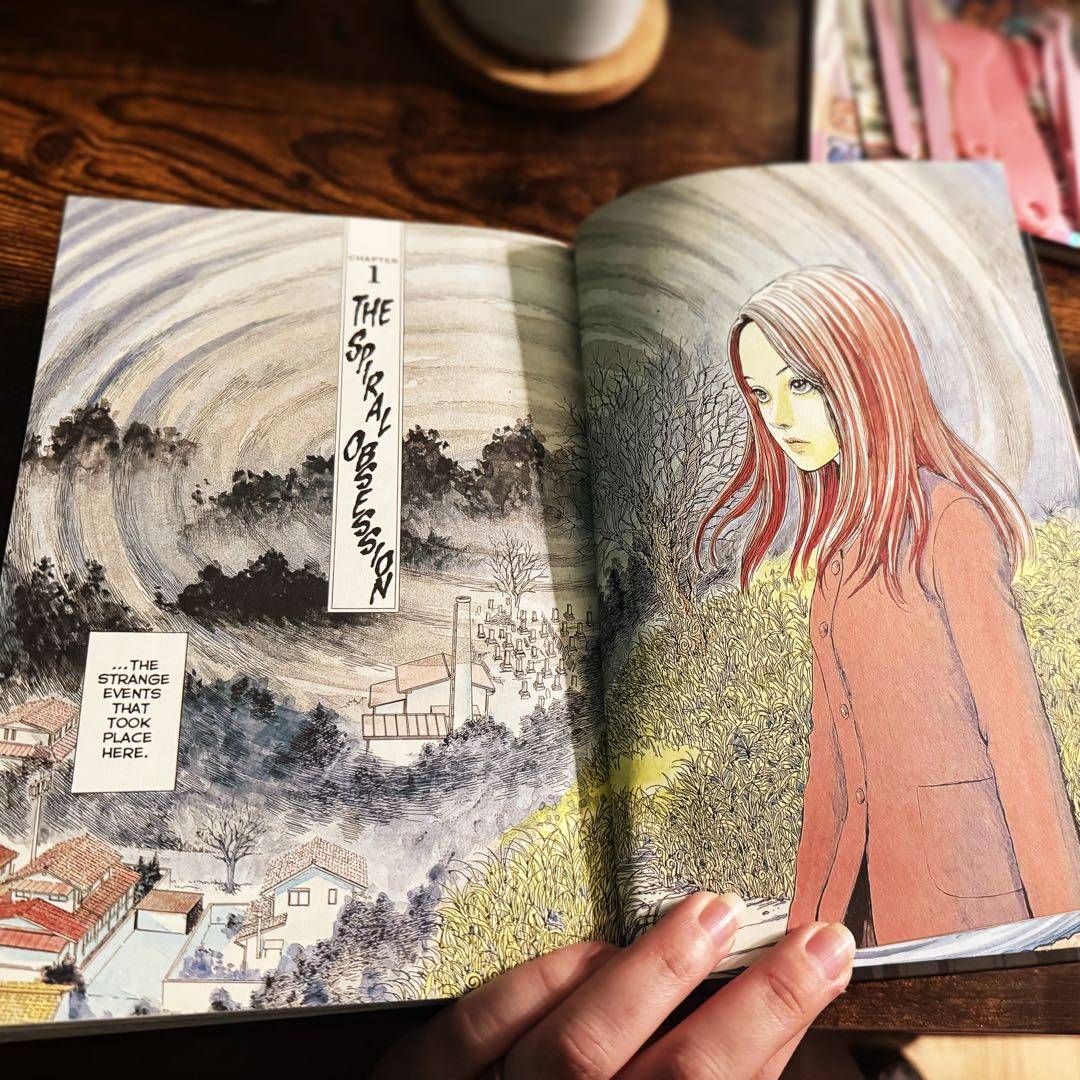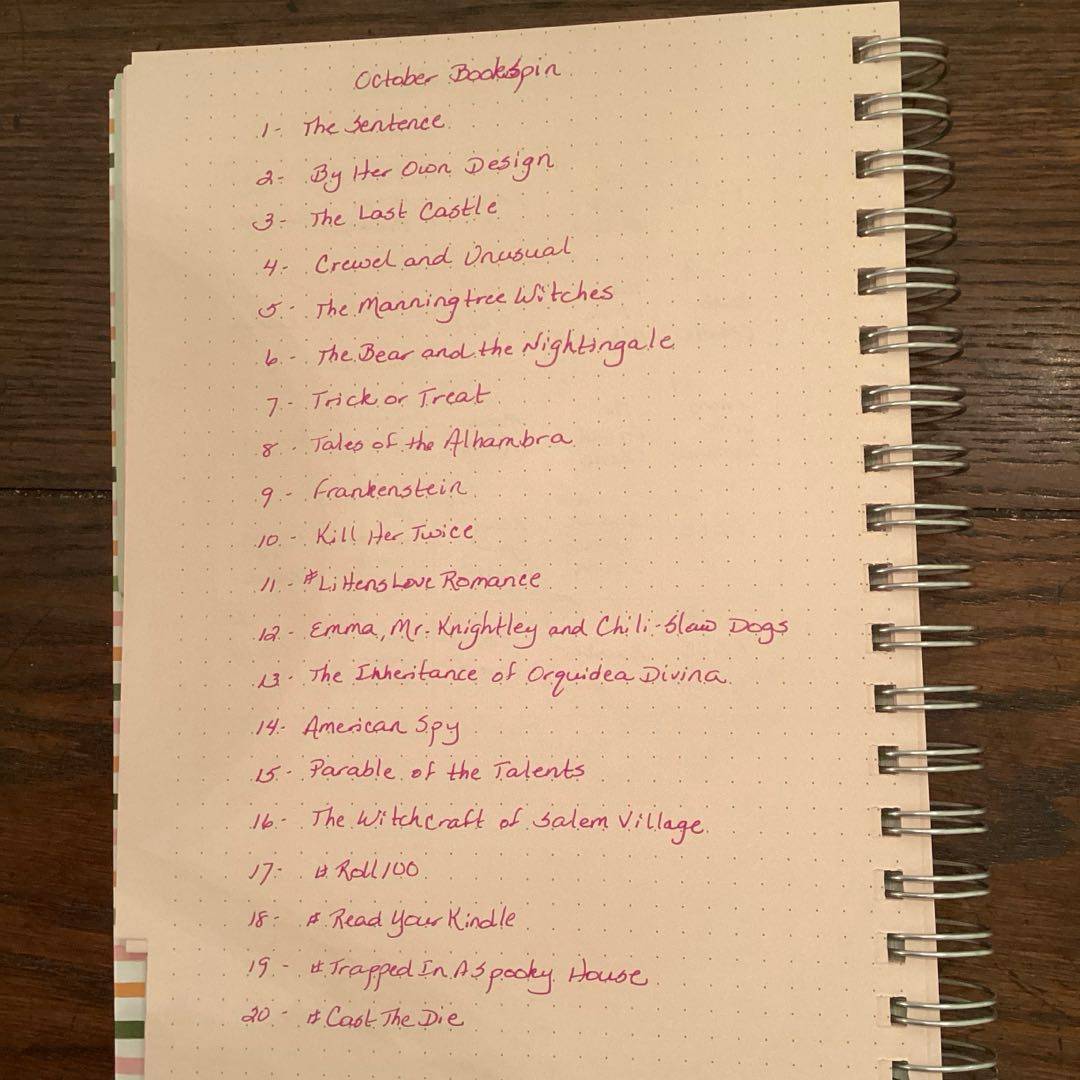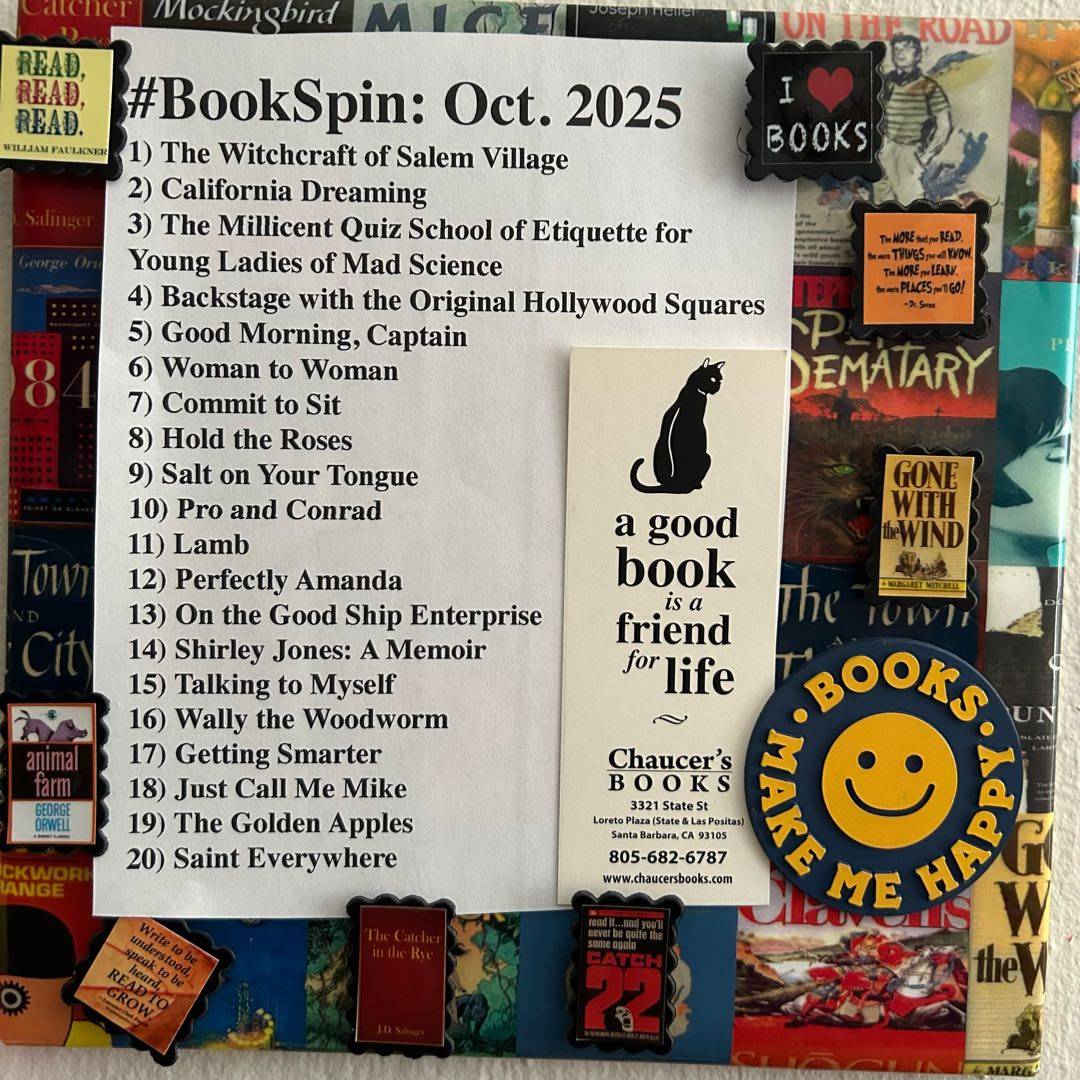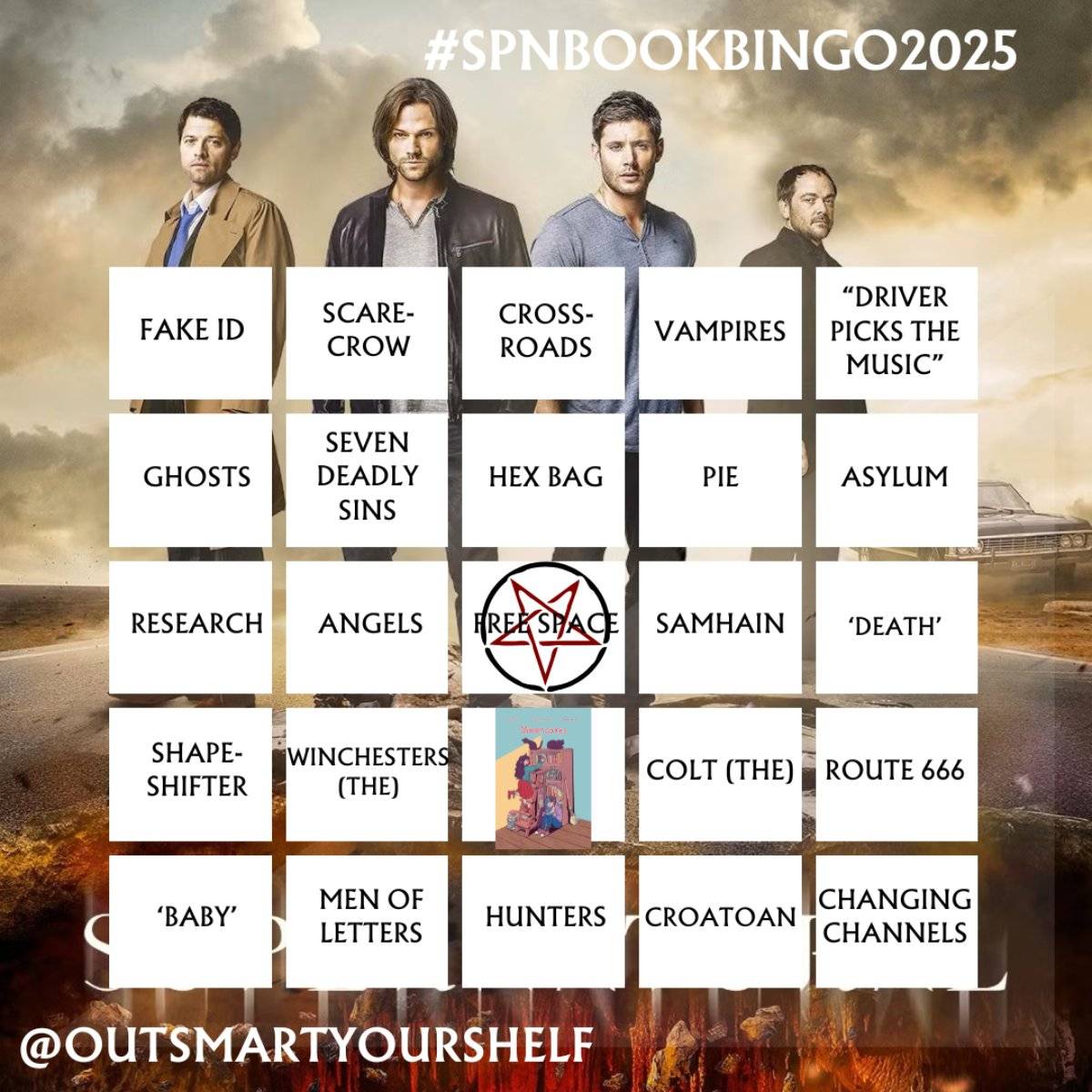
Runaway werewolf Tam flees to their childhood friend Nova, seeking help with a dangerous destiny. As Nova and her witchy family work to save Tam, their friendship blossoms into love. A sweet, magical YA graphic novel, that's mainly plot focused but also includes themes of disability (Nova is hard-of-hearing) and queer identity.
#CastTheDie #8
#HauntedShelf #ScreamTeam
#Chocolatiers #OneSnackToRuleThemAll
#Witchathon
#SPNBookBingo2025 - Lore







